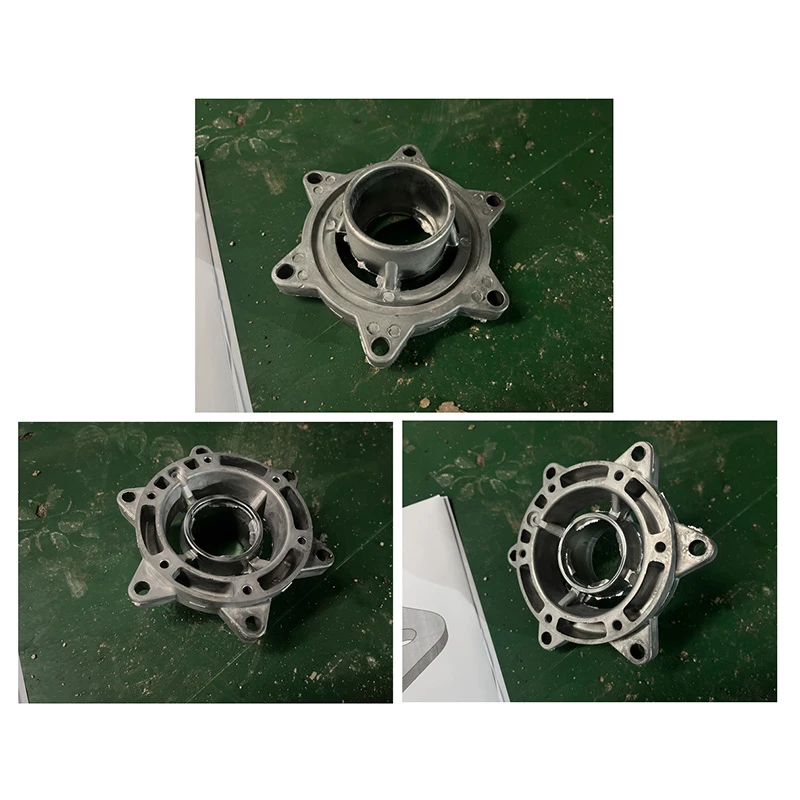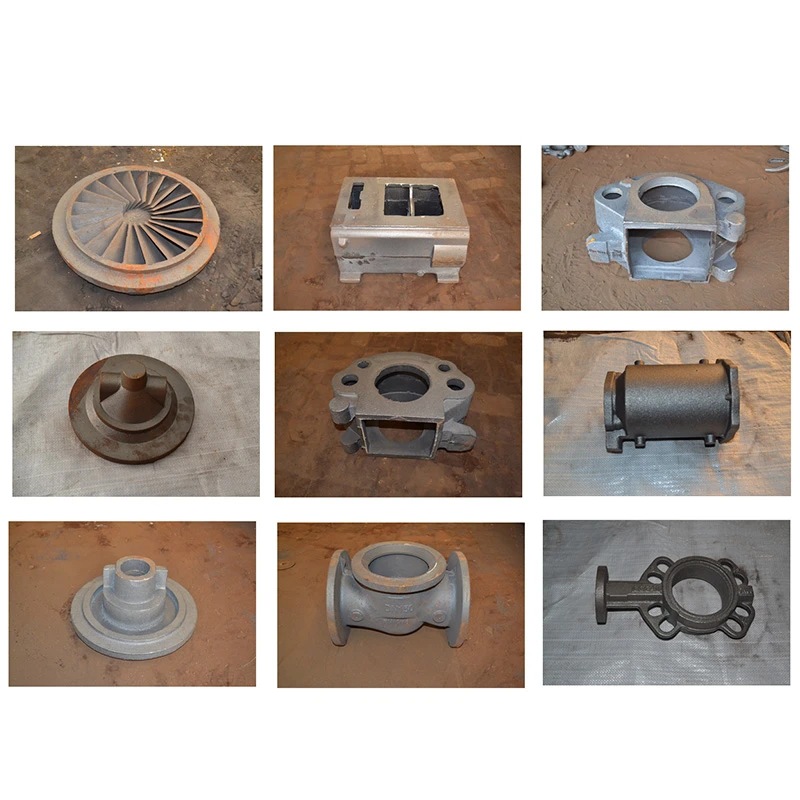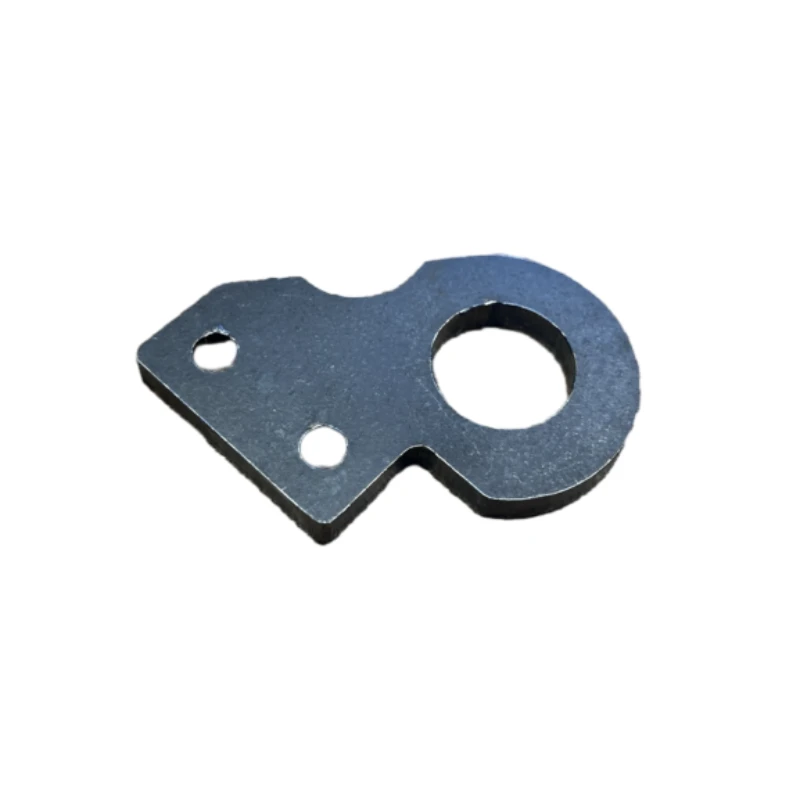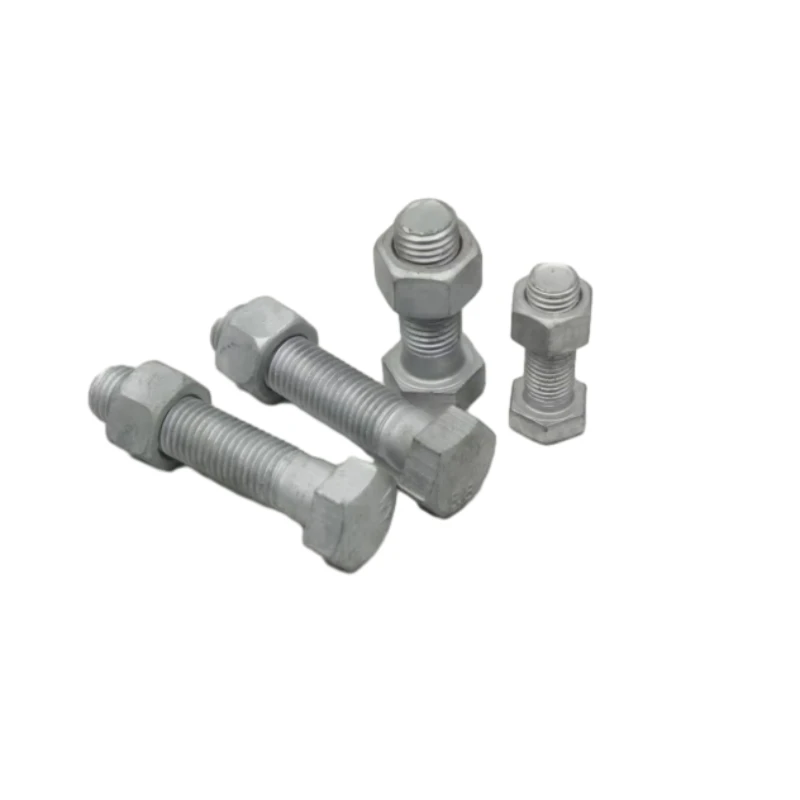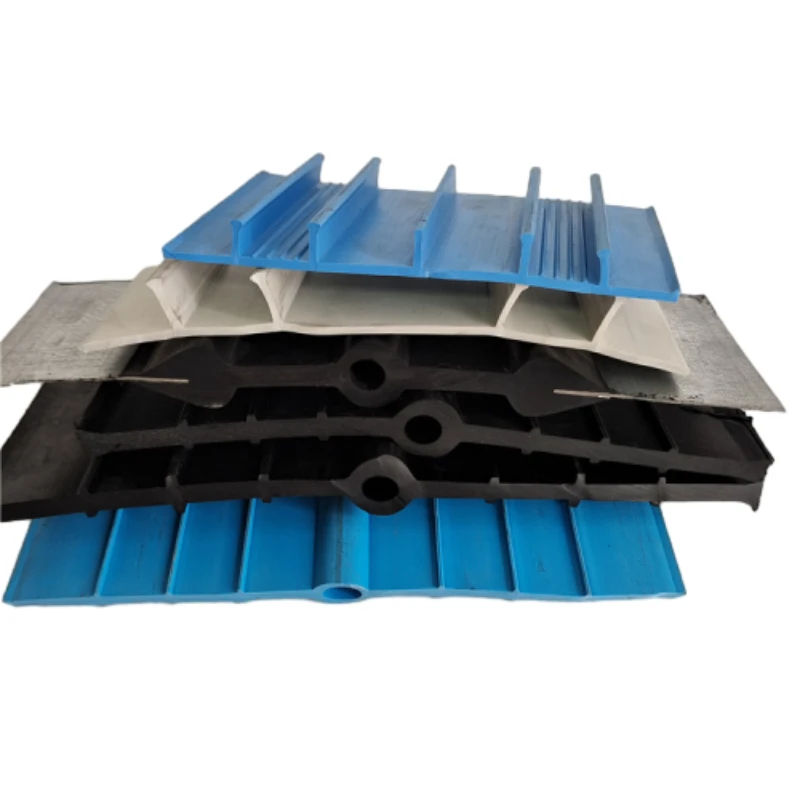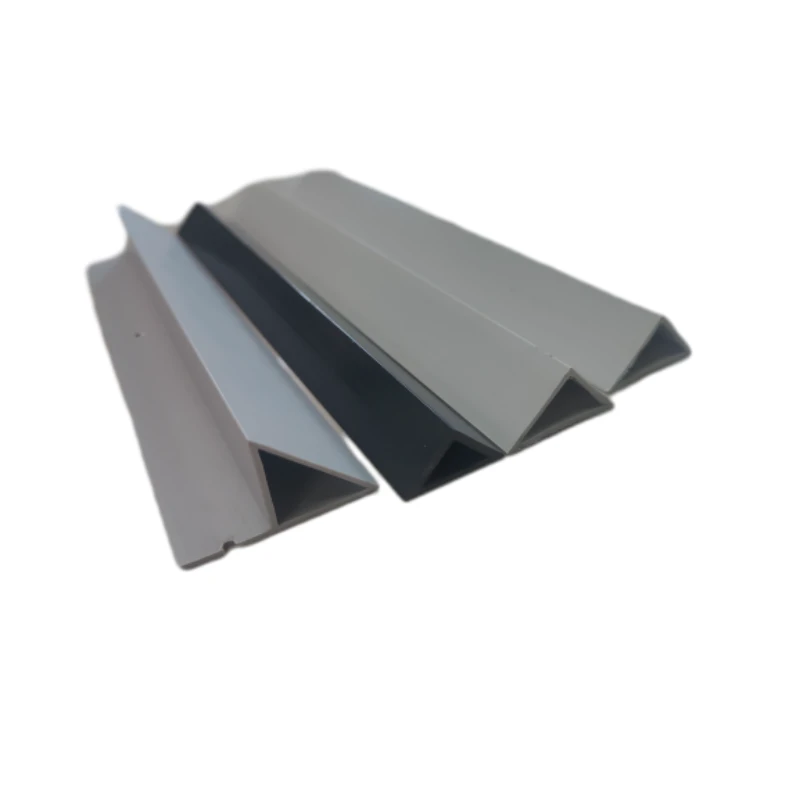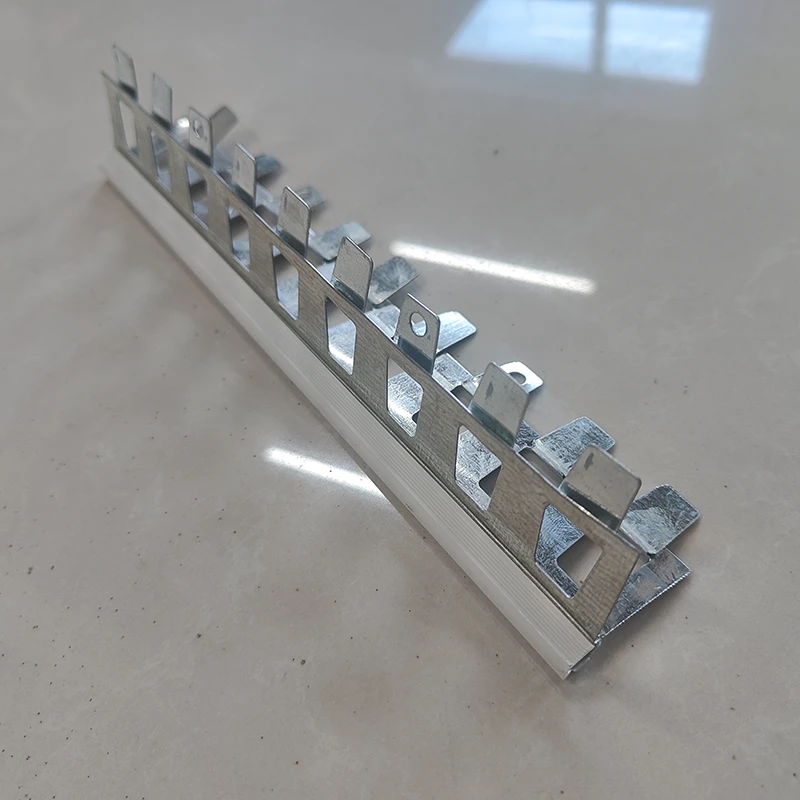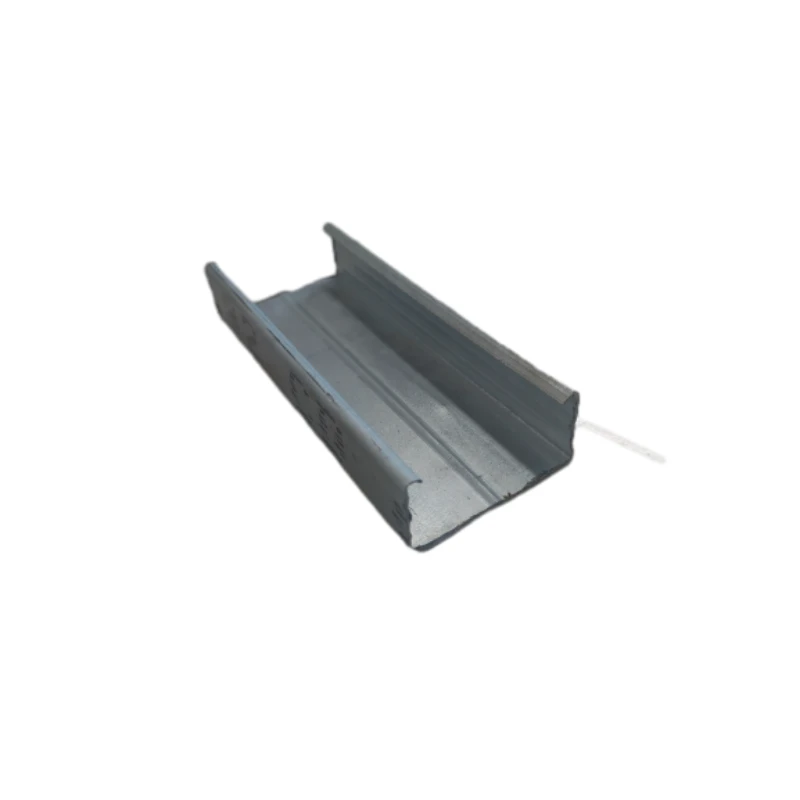- Phone: +86 132 8320 1810
- Email: annie@wrkgroup.ltd
-
- Afrikaans
- Albanian
- Amharic
- Arabic
- Armenian
- Azerbaijani
- Basque
- Belarusian
- Bengali
- Bosnian
- Bulgarian
- Catalan
- Cebuano
- China
- China (Taiwan)
- Corsican
- Croatian
- Czech
- Danish
- Dutch
- English
- Esperanto
- Estonian
- Finnish
- French
- Frisian
- Galician
- Georgian
- German
- Greek
- Gujarati
- Haitian Creole
- hausa
- hawaiian
- Hebrew
- Hindi
- Miao
- Indonesian
- Italian
- Japanese
- Javanese
- Malay
- Persian
- Portuguese
- Punjabi
- Russian
- Spanish
- Swahili
- Telugu
- Vietnamese
Jul . 08, 2025 04:18 Back To List
High Quality SS Bolt Nut Washer - Durable Fastening Solutions for Industries
- Introduction to SS Bolt Nut Washer: Definition and Key Applications
- Technical Superiority and Performance Advantages
- Comparative Data: Material Grades and Manufacturer Analysis
- Integration of Spring Washer and Flat Washer: Mechanical Value
- Custom Solutions and Double Washer Assemblies
- Application Cases in High-Stress Industries
- Conclusion: Future Trends for SS Bolt Nut Washer in Engineering
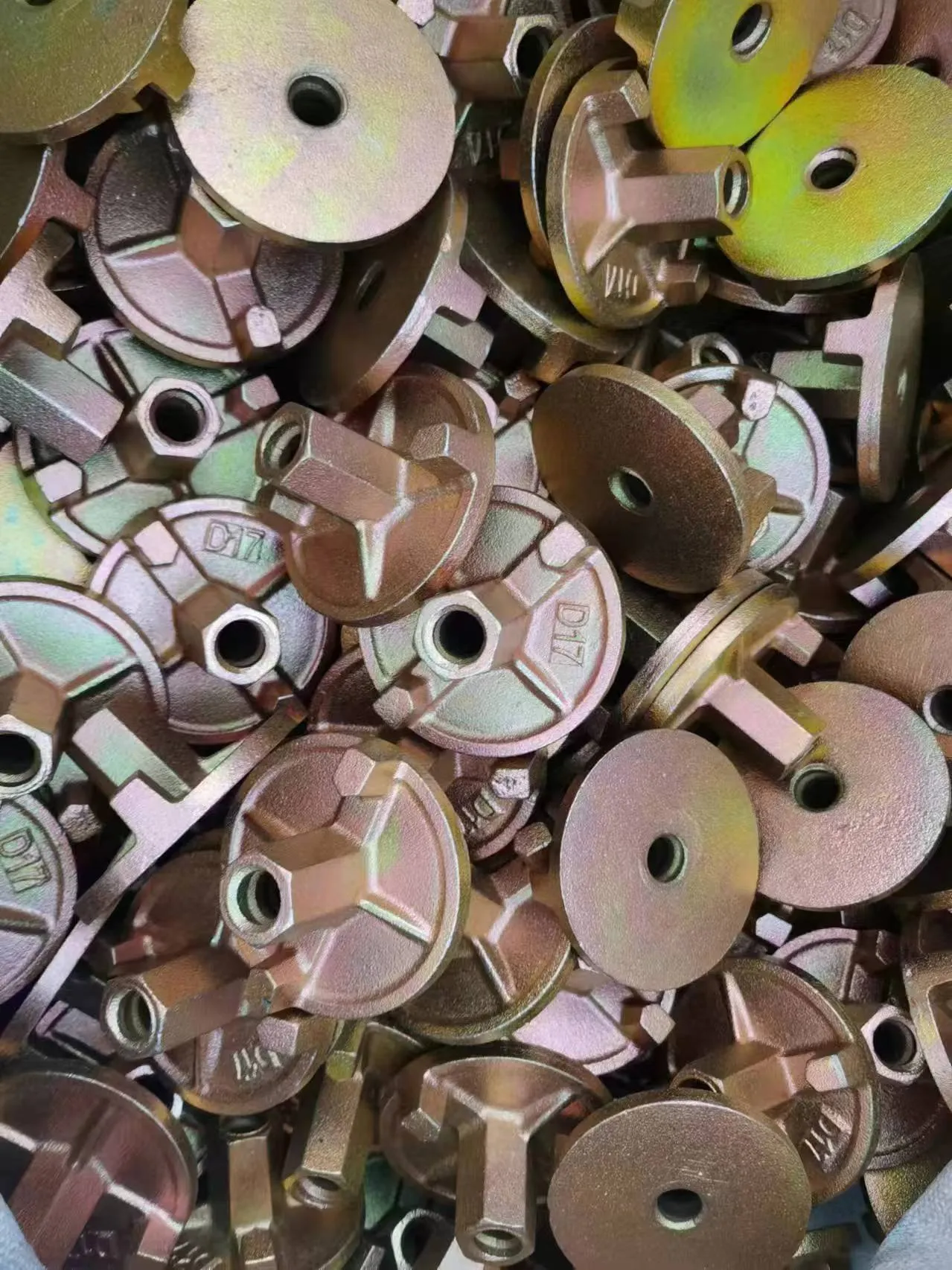
(ss bolt nut washer)
Introduction to SS Bolt Nut Washer Applications
SS bolt nut washer assemblies are indispensable fastener components utilized in diverse mechanical and structural connections. Comprising stainless steel bolts, nuts, and various washer types, such as spring washers and flat washers, these combinations ensure robust joint integrity across sectors such as construction, automotive engineering, and energy infrastructure. The synergy of these elements sustains a tight, vibration-resistant fixation, making them foundational in safeguarding high-value assemblies. Typical usage areas include rail transit, offshore platforms, wind turbines, petrochemical installations, and heavy machinery. Their corrosion resistance, heat endurance, and adaptability to chemically aggressive environments have propelled them into critical roles within contemporary engineering projects.
Technical Superiority and Performance Advantages
Manufacturers invest heavily in maximizing the functional benefits of bolt, nut, and washer assemblies. Stainless steel, especially grades such as A2 (304) and A4 (316), offers long-term resistance to oxidation and pitting in demanding conditions. Flat washers provide a broader load distribution, minimizing surface deformation and enhancing longevity, while spring or lock washers generate additional friction, counteracting loosening from vibration or torque fluctuations. These features are particularly strategic in environments where reliability is non-negotiable: data indicates stainless fasteners maintain 98% of clamping force retention after 10,000 vibration cycles, versus a 40-60% retention rate for carbon steel alternatives. The integration of washers tailored to both static and dynamic loads not only elevates joint security but also reduces maintenance intervals, directly impacting total operational costs.
Comparative Data: Material Performance and Vendor Evaluation
| Specification | Stainless Steel (A4-70) | Carbon Steel (Grade 8.8) | Leading Vendor A | Leading Vendor B |
|---|---|---|---|---|
| Tensile Strength (MPa) | 700 | 800 | 690 | 695 |
| Corrosion Resistance (Salt Spray, h) | >2000 | 120 | 2100 | 2050 |
| Vibration Loosening Rate | 2% max | 8-12% | 2.5% max | 2.2% max |
| Cost (USD/100pcs) | 28.5 | 16.9 | 29.8 | 28.9 |
| Aftermarket Support | Standard | Basic | Project-based | Global Response |
Based on cyclic testing, lower values denote greater security against fastener loosening.
Data clearly shows that while carbon steel offers higher raw tensile strength, stainless steel excels in corrosion resistance and vibration stability; premium vendors further enhance these properties via proprietary treatments and superior assembly standards.
Integration of Spring Washer and Flat Washer: Mechanical Value
Combining spring washer and flat washer within a fastener arrangement is a proven method for elevating connection reliability. The flat washer's primary task is to spread the load over a wider area, safeguarding delicate surfaces from the intense localized pressure exerted by tightened nuts or bolts. In contrast, the spring washer introduces preloaded tension that remains constant throughout operational vibrations, thereby thwarting rotational movement induced by mechanical stress or thermal expansion.
In fatigue testing, double washer configurations in critical assemblies have exhibited a 75% reduction in joint failure incidents compared to standard single washer setups. This methodology is extensively applied in aerospace fasteners, high-speed rail tracks, and engine mountings, where both load distribution and anti-loosening safeguards matter equally. Calculations and field evidence support that properly integrated spring washers and flat washers in tandem augment bolted joint lifespan by 3–5 times under cyclic loads.
Custom Solutions and Double Washer Assemblies
The demand for nut bolt with double washer solutions reflects the evolving requirements of precision engineering. Leading manufacturers respond with customized bolt kits, matching the precise material grade, surface finish, and washer type to the user's unique operational needs. For example, in chemical processing facilities, the use of PTFE-coated stainless fasteners with a combination of serrated lock washer and flat washer prevents both corrosion and self-loosening. Double washer setups are further tailored by dimension, profile, and hardness—ensuring compatibility with exotic alloys and specialty coatings.
Procurement strategies increasingly call for co-engineered assemblies that include both lock washer with flat washer arrangements—packaged and labeled for traceability, pre-lubricated where required, and marked with batch IDs for maintenance schedules. This approach maximizes installation efficiency and enhances accountability throughout the supply chain. In complex assemblies subject to frequent inspection, double washer configurations mitigate the risk of fastener migration and can translate into direct savings on warranty and service schedules by over 30%.
Application Cases in High-Stress Industries
The adoption of bolt nut washer assemblies with custom washer configurations is evident in numerous high-performance sectors. For instance, in wind turbine generators, the utilization of stainless steel bolts paired with flat and spring washers secures rotor blades against oscillation, sustaining operation over millions of duty cycles. In maritime engineering, fasteners featuring a lock washer beneath a flat washer have displayed near-zero fastener retreat in hull plate assemblies, even after 2,500 hours of saltwater exposure.
Automotive powertrains, especially electric vehicle mounting brackets, now routinely specify nut bolt with double washer guarantees, targeting both securement and consistent torque retention. A leading rail infrastructure project compared the use of standard bolting systems versus double washer assemblies. After 18 months, monitored output highlighted a 60% reduction in unscheduled maintenance events and a corresponding extension in inspection cycles, reinforcing the bottom-line impact of advanced washer configurations. These advances underscore the strategic importance of selecting optimal assembly methods for critical service environments.
Conclusion: The Future of SS Bolt Nut Washer System Optimization
SS bolt nut washer systems have become cornerstone technologies for safe, efficient, and durable structural connections. The integration of spring washer and flat washer, combined with double washer protocols and vendor-driven custom solutions, ensures that assemblies not only meet but surpass safety and reliability standards. Competitive benchmarking and application data consistently highlight that the right choice of material, washer configuration, and supplier partnership drives performance forward. As industries face ever more stringent lifecycle demands, investment in advanced fastener assemblies will be pivotal—fueling further innovation and next-generation solutions.
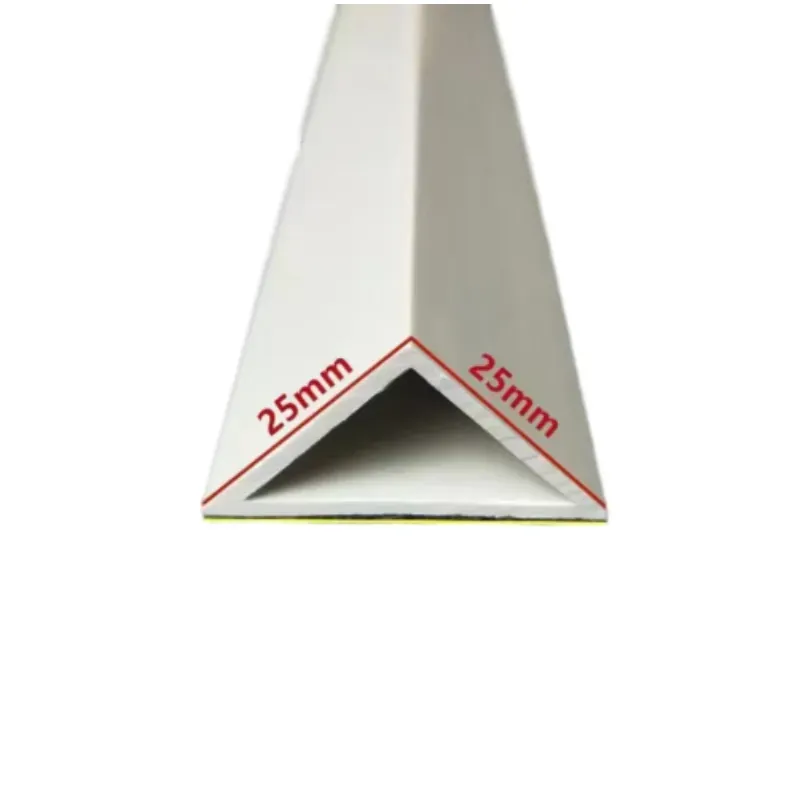
(ss bolt nut washer)
FAQS on ss bolt nut washer
Q: What are the main differences between a spring washer and a flat washer in SS bolt nut washer assemblies?
A: A flat washer provides a smooth, even surface for load distribution, while a spring washer prevents loosening due to vibrations. Both are commonly used with SS bolt, nut, and washer setups for secure fastening.Q: Why use a lock washer with a flat washer in a bolt and nut assembly?
A: A lock washer adds resistance against loosening from vibration, and a flat washer helps distribute pressure. Together, they improve the security and longevity of SS bolt nut washer connections.Q: What is the advantage of using a nut bolt with double washers?
A: Double washers, typically a flat washer paired with a lock or spring washer, enhance load distribution and prevent fastener loosening. This arrangement is ideal for critical SS bolt nut washer applications.Q: Can I use SS bolt nut washer combinations in corrosive environments?
A: Yes, stainless steel (SS) bolt nut washer combinations offer excellent corrosion resistance. They are ideal for outdoor or chemical-exposed settings.Q: When should I choose a spring washer over a lock washer in SS assemblies?
A: Spring washers are best for applications needing tension to counteract vibration, while lock washers are designed mainly to prevent loosening. Choose based on your SS bolt, nut, washer assembly's vibration exposure and security needs.Latest News
-
Tiny Nuts and Bolts for Precision Projects Complete Nuts, Bolts, and Washers SetsNewsJul.08,2025
-
High Quality Slotted Hex Nut – Durable M12 Hex Nut & Slotted Bolt Compatible FastenerNewsJul.07,2025
-
Best Shuttering Shikanja Price & Construction Materials – High Quality, Durable & AffordableNewsJul.07,2025
-
5 8 Lock Washer – Heavy Duty, Rust Resistant, Ideal for Secure FasteningNewsJul.06,2025
-
Best 1 16 Toggle Bolt - Heavy Duty Anchors 3 Inch, 8 Inch Toggle Bolt & Wing Nut SolutionsNewsJul.06,2025

